“Redline Rival” — A Nostalgic Synthwave Ride from Arcade Knights’ Upcoming Album Neon Vice
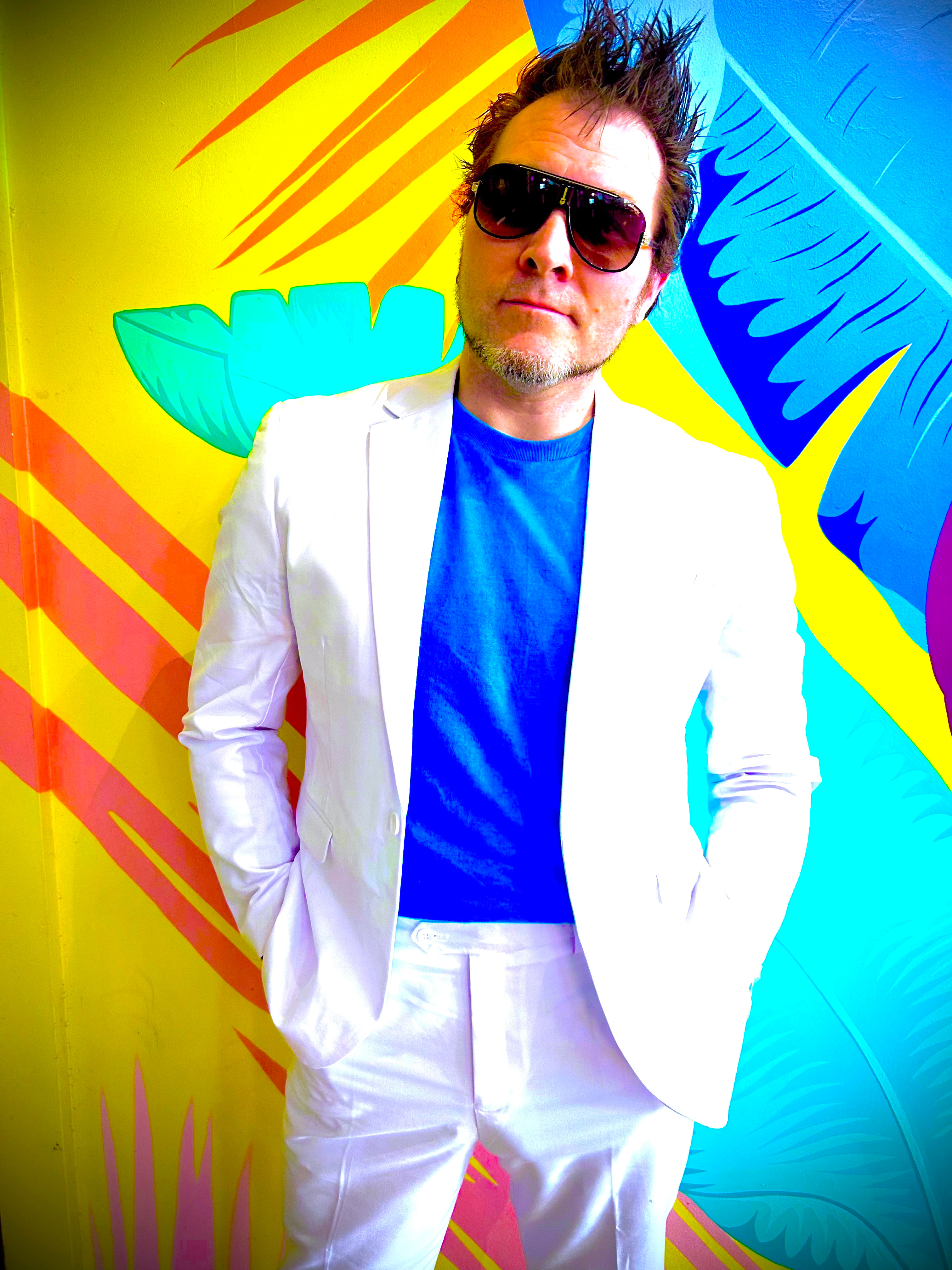
Canadian producer and musician Arcade — the creative mind behind the electronic project Arcade Knights — returns with a new synthwave single, “Redline Rival.” Blending cinematic electronic textures with a cyberpunk edge, the track is a pulse-pounding ride through neon-lit streets and high-stakes tension. Built like a midnight car chase at full throttle, the track fuses thunderous basslines, syncopated rhythms, and razor-sharp synths into a high-octane blend of retro-futuristic grit and cinematic flair.
“Redline Rival” isn’t just a song — it’s a statement in speed, style, and sonic storytelling. It isn’t just about cars — it’s about the unrelenting push to outpace betrayal, outrun the law, and stay alive long enough to see the city lights fade in the rearview mirror.
“This single was the first track I wrote, and I knew it had to be fast-paced and punchy — like you never quite know what's coming next. There’s a moment where the drums drop out and you just get this crash — it’s in 4/4 time, then shifts into a kind of 5-count rhythm. It felt like scoring an action sequence — like that point in a movie where everything hangs in the balance, and you're just waiting to see what happens next,” shared Arcade.
“Redline Rival” is just the beginning. The track serves as a pulse-check for Neon Vice, the forthcoming album from Arcade Knights, dropping September 19 — a date intentionally chosen to mark the 41st anniversary of the TV series, Miami Vice. To celebrate the release, Arcade is also unveiling a short, two-minute visual — an 80s-inspired montage video that brings the world of “Redline Rival” to life. Drawing inspiration from iconic '80s television and soaked in a nostalgic synthwave atmosphere, Neon Vice captures the raw adrenaline of speed and danger — the sound of engines screaming down highways where pride, power, and survival are all on the line.
It’s a pulse-pounding duel between cops and cartel racers, a midnight chase where every gear shift feels like a gamble with fate. At its core, Neon Vice explores the tension between temptation and risk: the glowing pull of nostalgia wrapped around something darker. The neon light may look inviting, but there’s danger lurking in the shadows — and beneath every shimmering surface lies a decision you can’t take back.
“The whole album was inspired by watching Miami Vice — the fast cars, the danger, the neon lights — but also that romantic tension underneath it all,” says Arcade. “This record is me going back to everything that shaped me, that raised me: Terminator, The Lost Boys, RoboCop, Rambo, Lethal Weapon. Each track is its own story — following an undercover cop trying to do good in a city that doesn’t care. It’s a hard life. He’s up all night, fighting the good fight, and when the sun rises, he disappears; he rests. At night, he gears up and gets right back to it.”
Arcade’s commitment to detail and storytelling runs deep throughout Neon Vice. Every element — from the synth textures to the rhythm shifts — was carefully crafted by hand, with Arcade writing and tuning each instrument himself. The album came together quickly in its raw form, with the base tracks written in just three weeks, followed by months of fine-tuning, long nights, and a steady rotation of '80s films playing in the background for inspiration.
“When I write, I start with a concept in my head — like a full narrative arc,” explains Arcade. “Then I build out eight to eleven tracks that tell that story start to finish. I choose the right key, the mode, the tempo — everything down to the sound design — to make sure it all fits together like scenes in a film.”
The journey begins with the title track, “Neon Vice,” which opens on a cinematic monologue that sets the tone: a crumbling city, a fading sense of order, and a cop still fighting to pull things back from the brink. “This is our war,” the voice declares. “And in this city... wars are won by going deep undercover…into the neon.” It’s a world of blurred lines, constant pressure, and the kind of quiet heroism that never sees the sunlight.
“I wanted to capture something permanent — a record of the sounds and memories I grew up with, like what Jan Hammer did on Miami Vice or John Carpenter in Halloween,” said Arcade.
To fully realize the world of Neon Vice, Arcade abandoned modern production tools in favor of the vintage hardware that gave the '80s its signature grit and warmth. Sourcing the same instruments used to score the soundtracks that inspired him, he built the album using authentic tones from gear like the Roland Juno, Yamaha DX7, Prophet, Oberheim, LinnDrum, and the TR-707 and TR-808 drum machines, along with '80s electric guitars, E pianos, and keytars. Each element was selected not as an imitation, but for full immersion into the era’s sonic palette.
“I almost felt like I was done writing because I couldn’t develop that nostalgic sound that I love. Until I thought, ‘Why not switch to the hardware from the 80s?’ Now, with the knobs, buttons, dials - I have that tactile feel, that romantic grit,” enthused Arcade.
Neon Vice marks the fifth full-length release from Arcade Knights in just two years, with each album expanding the project’s retro-futuristic universe. The debut, Justice, introduced a sound steeped in ’80s action cinema, paired with a companion graphic novel. High Score followed, drawing inspiration from Tron, while Dark Fate explored moodier territory via Stranger Things, with a graphic novel dropping November 6 — officially “Stranger Things Day.” Cyber Hack, the fourth release, dives into the dystopian worlds of Blade Runner and Cyberpunk 2077.
Looking ahead, Arcade is set to headline the Halloween Show at Avalon Expo in Newfoundland on October 31 and November 1, performing the full Dark Fate album live. Fans of ’80s film and TV, high-energy music, all things synthwave, and cyberpunk won’t want to miss it. To stay up-to-date on upcoming releases, including lore-driven content like graphic novels and other narrative expansions, follow Arcade Knights on social media and be sure to check out “Redline Rival” and the full Neon Vice album — available now on all major streaming platforms.
“‘Arcade’ represents me growing up in the ’80s, while ‘Knights’ symbolizes being the hero of my own story — taking control and owning my narrative. With this album, I wanted to capture the energy of that era, and with ‘Redline Rival,’ I hope listeners feel that rush, the chase, the pursuit, and ultimately, that justice wins in the end,” shared Arcade.




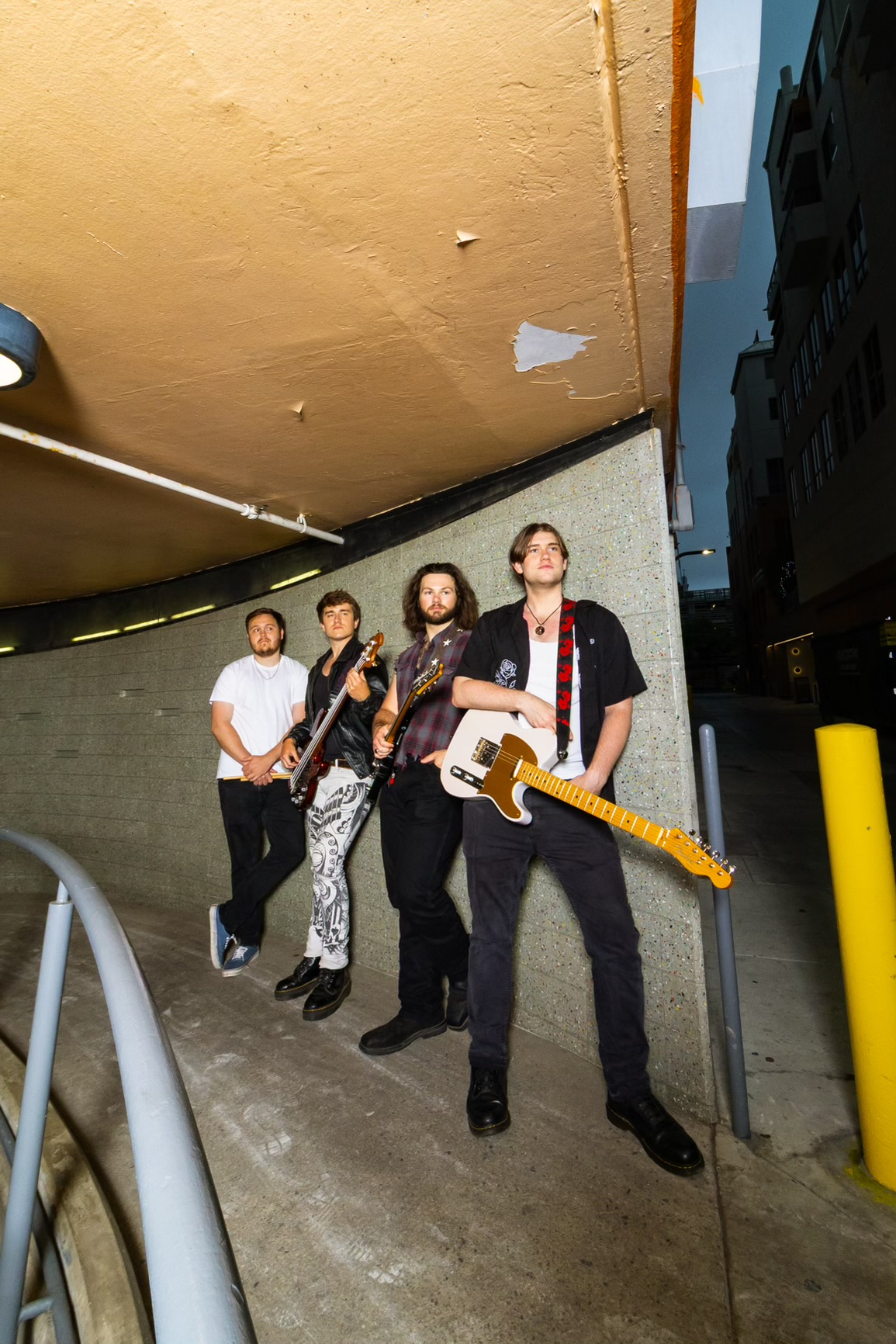
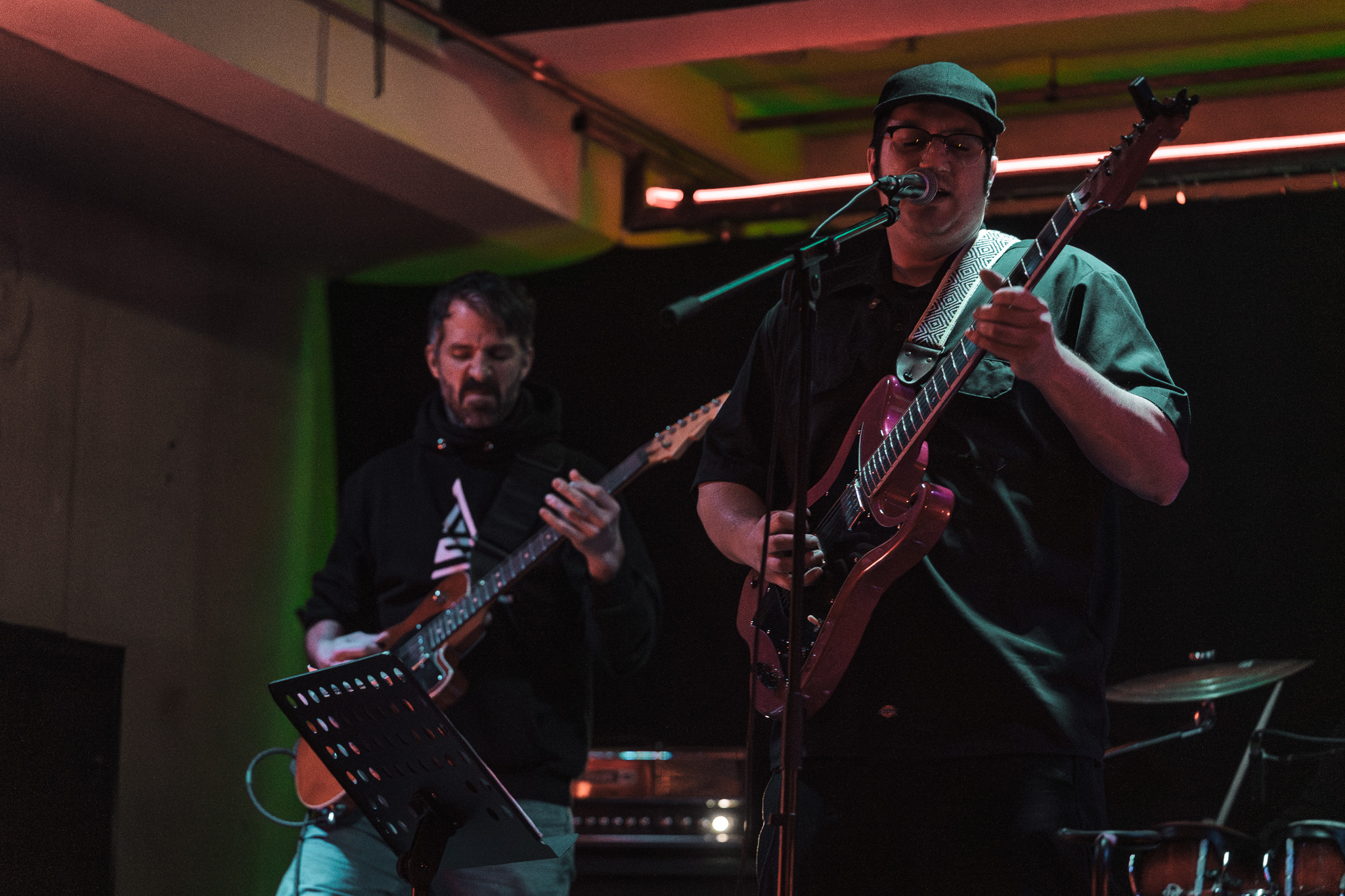
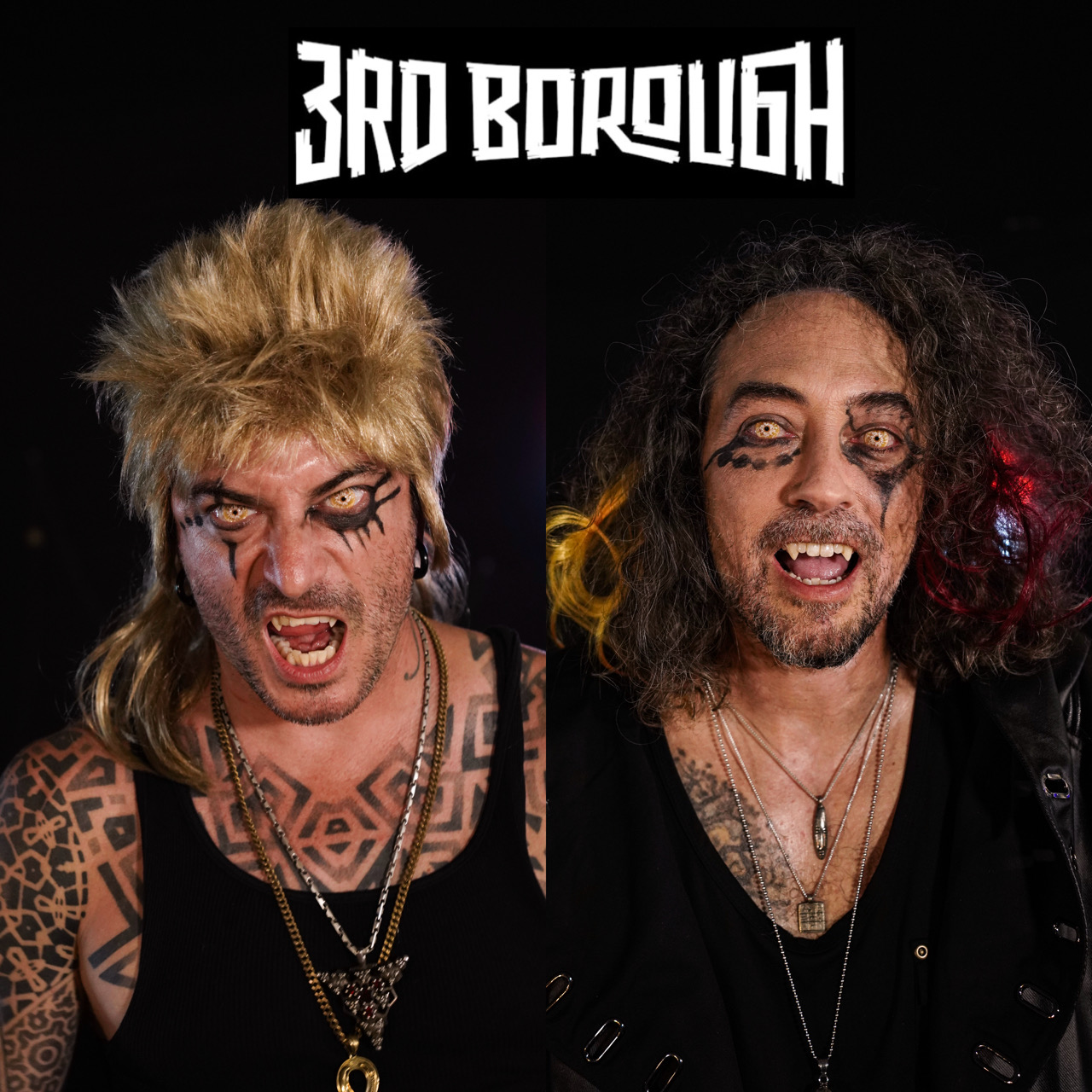
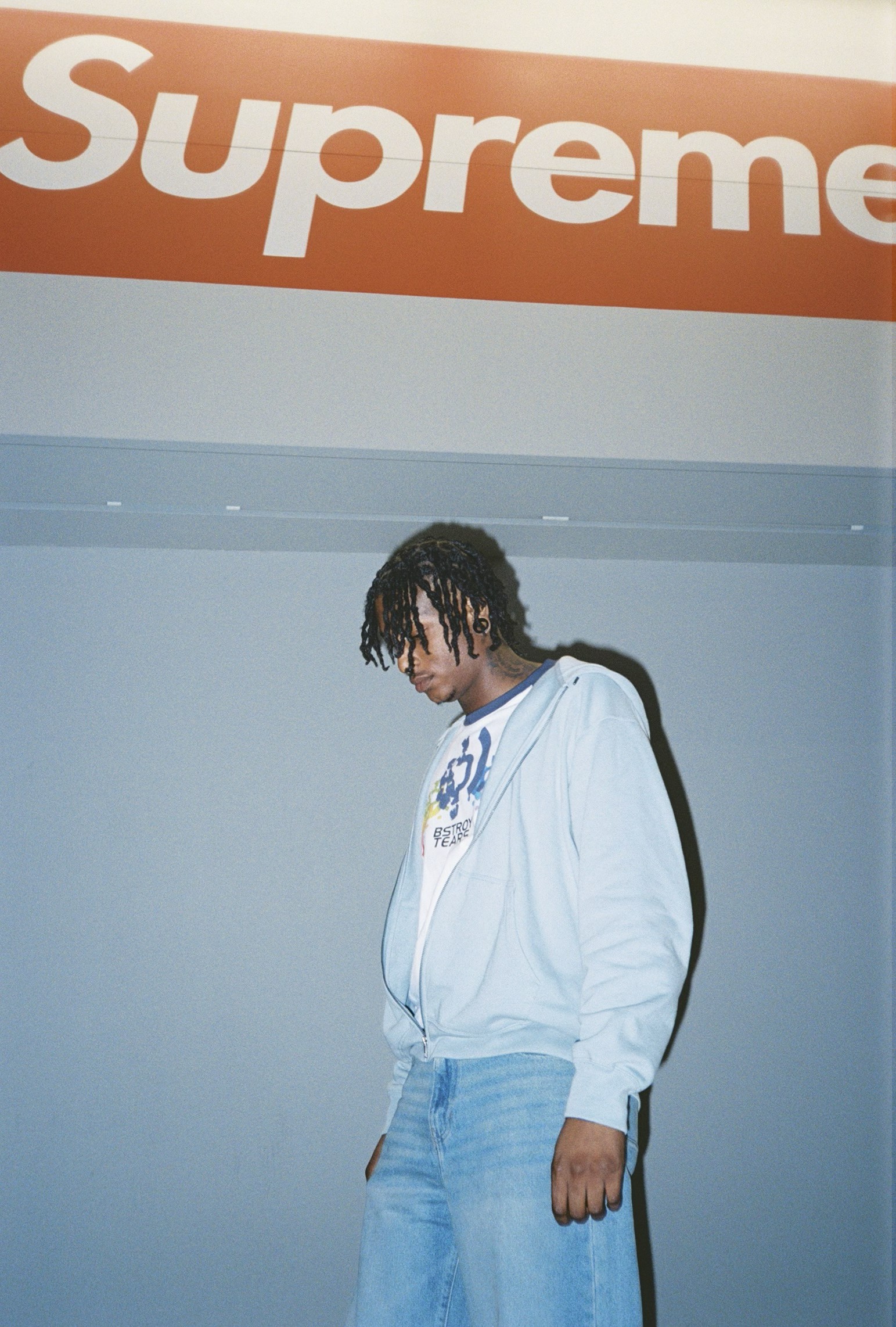
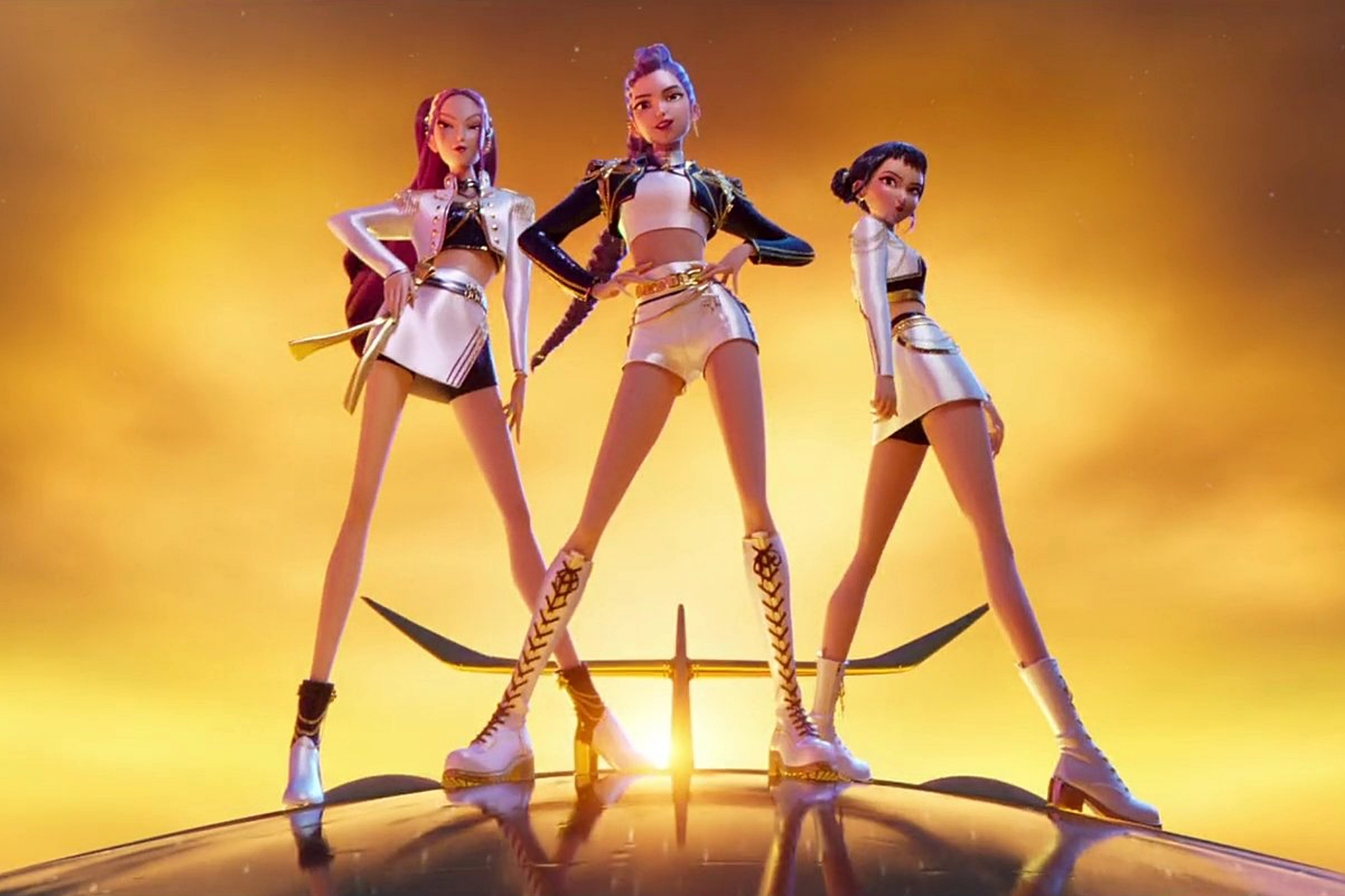

COMMENTS
Leave a comment